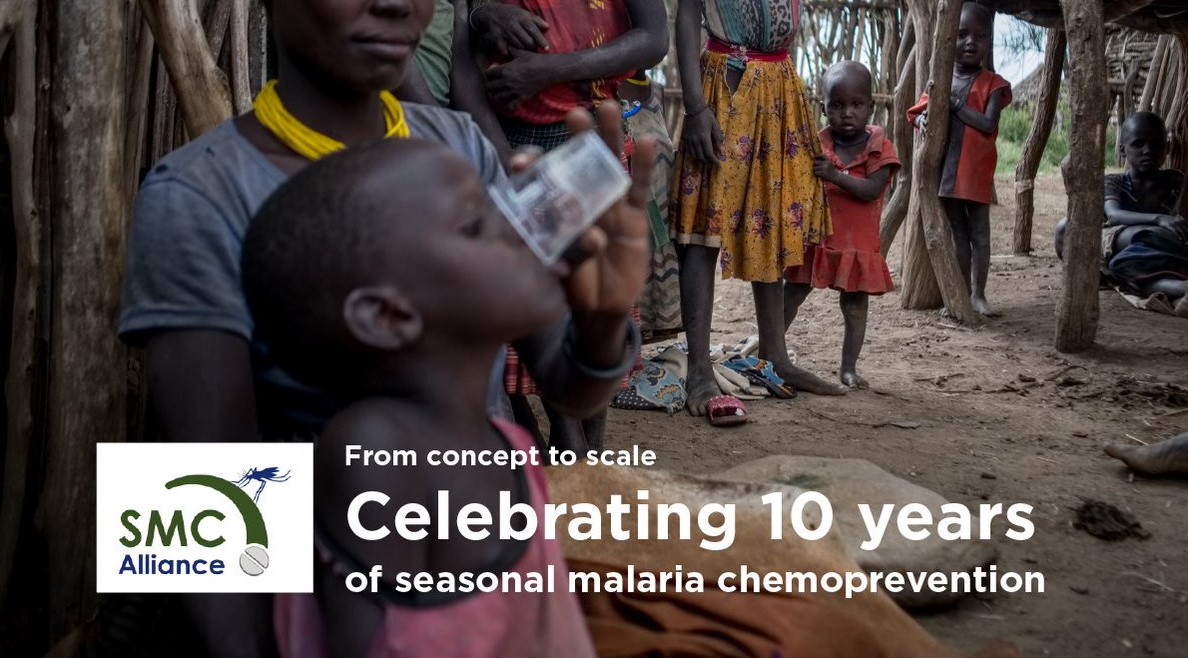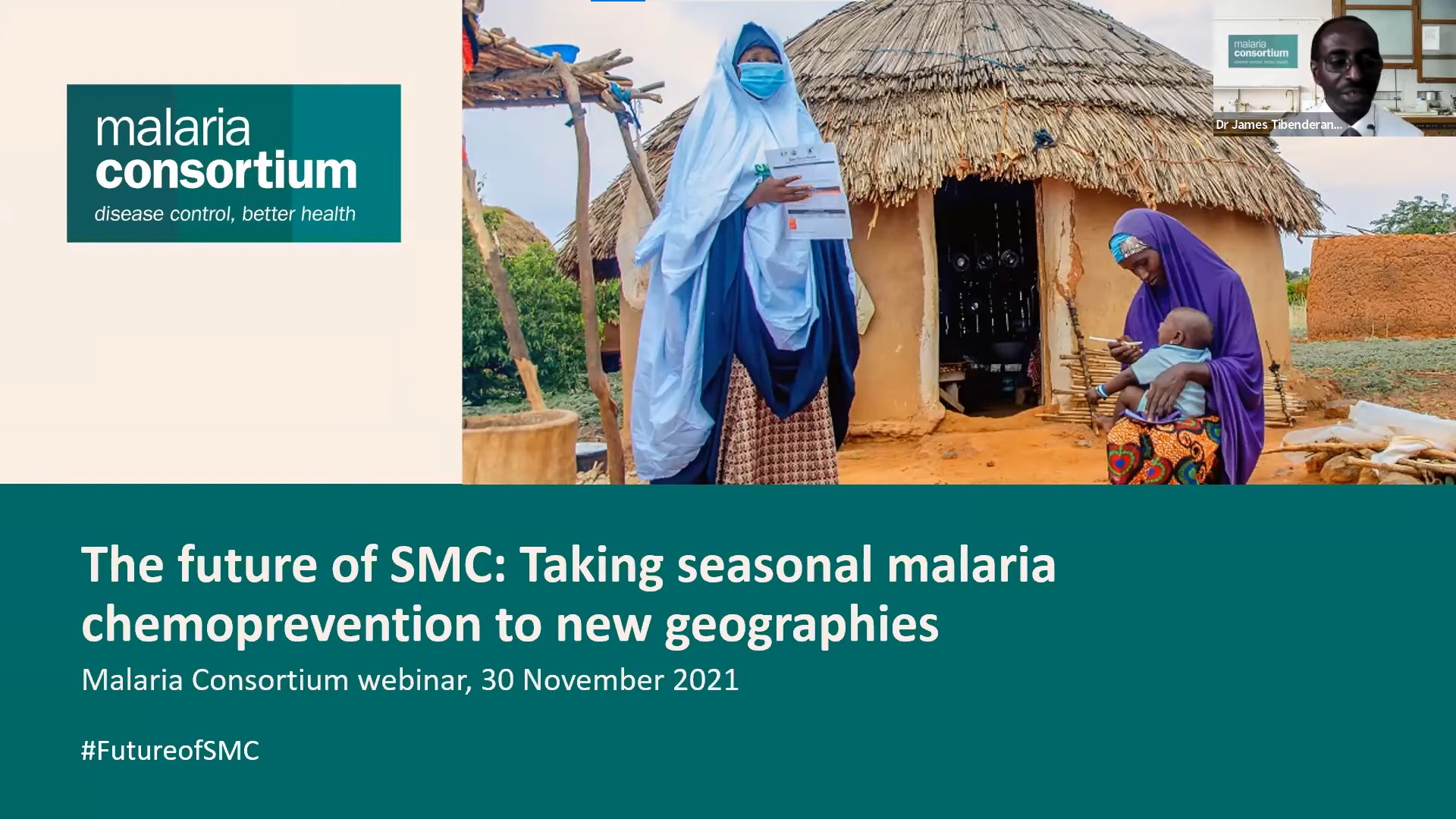Last Updated: 05/08/2024
Evaluating the effectiveness and sustainability of integrating helminth control with seasonal malaria chemoprevention in West African children
Objectives
The main objectives of this project are:
- to evaluate the effectiveness of combining antimalarial and deworming drugs in reducing the prevalence of anaemia and the intensity of malaria-helminth co-infections among a population of pre-school and school-age children resident in a high-burden country; and
- to determine the cost and cost-effectiveness of delivering the integrated malaria-deworming approach to children.
London School of Hygiene and Tropical Medicine (LSHTM), United Kingdom
Malaria remains a major health problem, especially in sub-Saharan Africa where more than 90% of the disease and deaths occur in children. Adding to this high burden among children is the co-existence of parasitic worms. Existing control programmes for the worms are operating sub-optimally despite the 2012 London Declaration of eliminating some of the parasitic worms by 2020. On the other hand, a malaria prevention programme, called Seasonal Malaria Chemoprevention (SMC), introduced the same year in 2012 has achieved better coverage and prevented a substantial proportion of deaths in children. This encouraging development supports the need to explore the strategies involving the integration of worm control with successful platforms such as SMC. This would align parasitic worm and malaria control with the Sustainable Development Goals of ending diseases of poverty and promoting health and well-being for those at risk.
Jan 2024 — Jan 2027
$682,572

